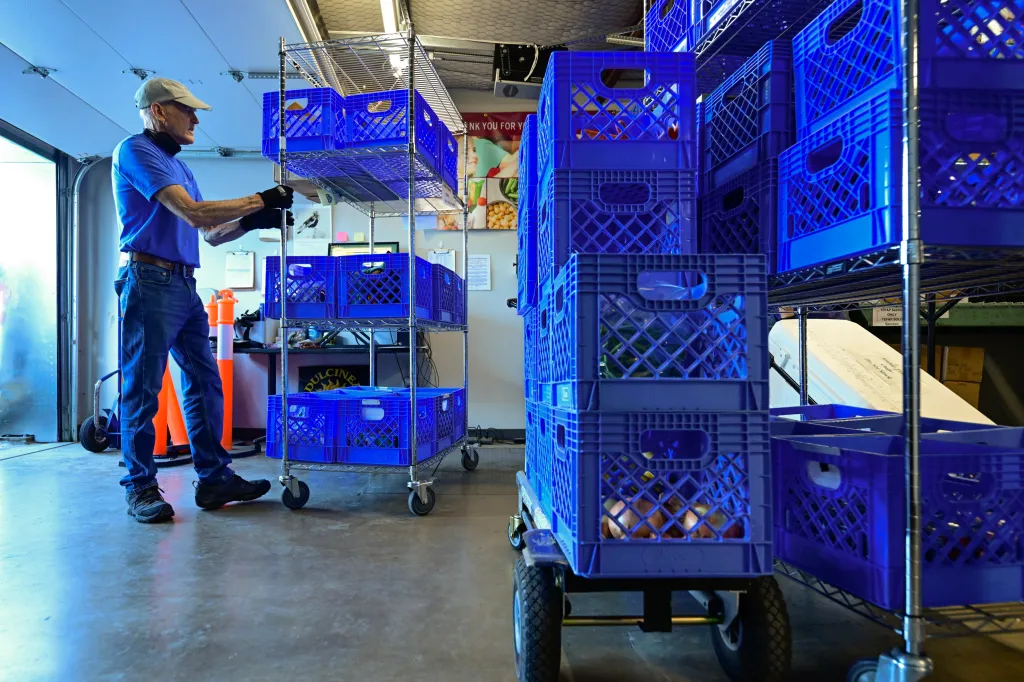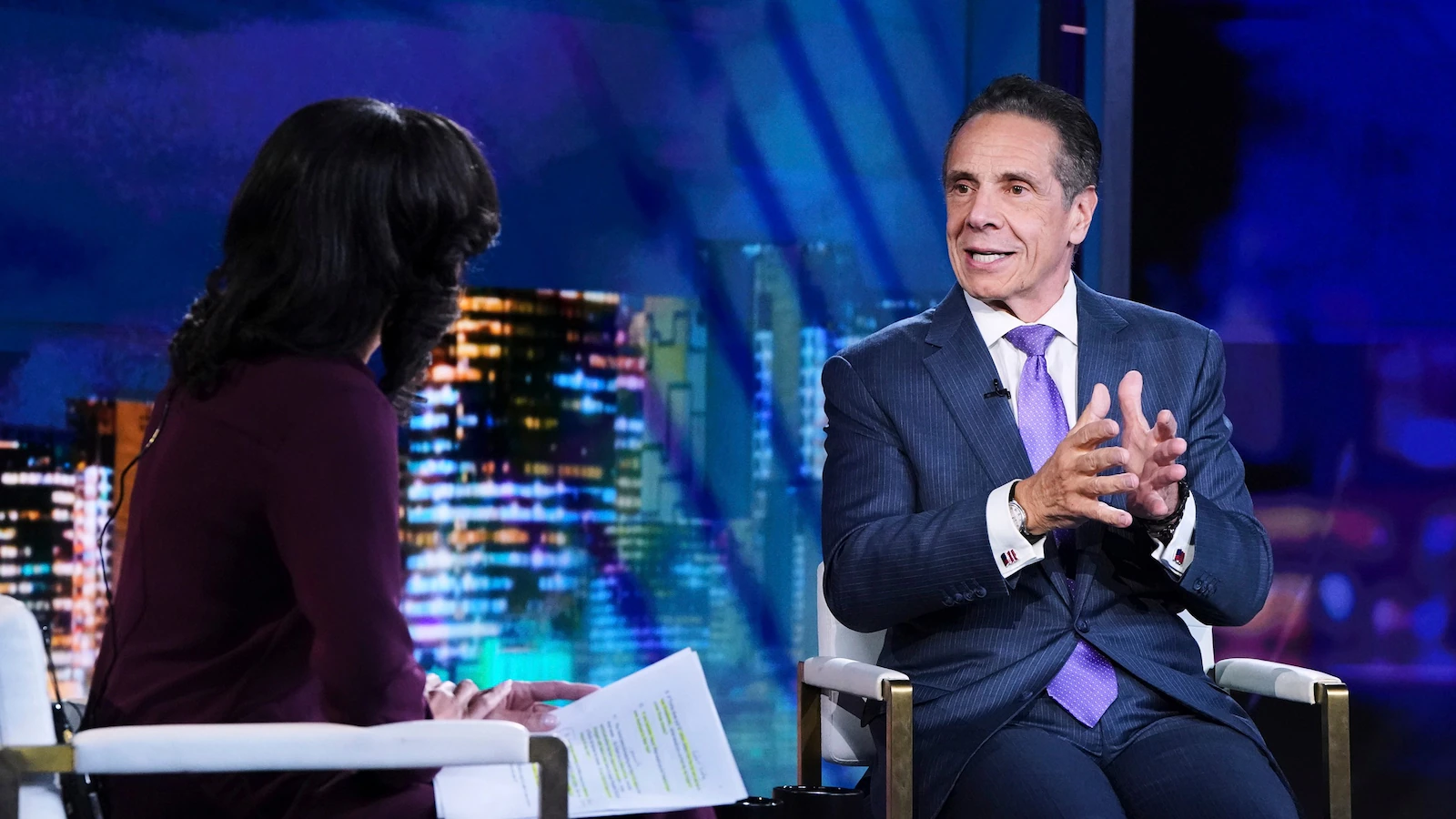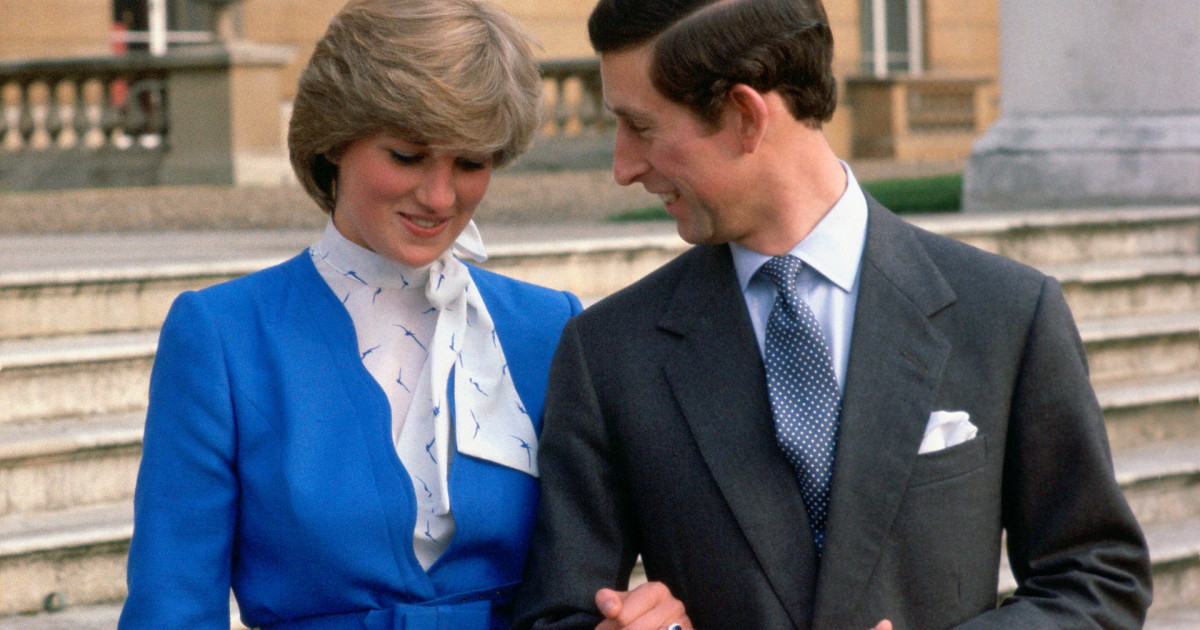Copyright Boulder Daily Camera

In this time of need, consider donating to a food bank We have an opportunity to help each other. With SNAP benefits potentially ending, Coloradans have a chance to stop for a moment and help others by giving food and supplies. Here in Colorado, more than 600,000 Colorado residents depend on SNAP benefits, and as a result, food banks will be struggling to meet significantly rising needs. Ultimately, this is a key time for individuals to take stock of their own abilities to give and to do so. Earlier this week, I was able to do a tour of the Community Food Share in Louisville, a feeding network that helps serve more than 27,000 of our neighbors each and every day. Over the course of a full year, our hunger relief network distributes more than 12 million pounds of food and helps more than thirty local nonprofit organizations that provide food and support services to local neighborhoods. Giving them $10 is roughly the equivalent of $60 because they can make in-kind and wholesale purchases. It’s one way we can help. Consider donating money, food or time to food banks. Please. Our neighbors depend on generosity. Others may have done the same for you. Bridget Myers, Boulder City Council follows more than it leads Jan Burton’s Nov. 1 commentary on the transportation maintenance fee is the most coherent and informed opinion I’ve encountered about anything involving transportation in Boulder. She made so many important points, especially around transparency and the need for council members to think for themselves and not just blindly follow staff like they are the Pied Piper. We have seen way too much followership and way too little leadership from the City Council over the past four years. There is a culture of acquiescence — a great reluctance on the part of all council members to challenge staff in any way. So staff are able to both make policy and implement it according to their own preferences. City Council likes to talk the jargon about “outcome-based” budgeting, but it has been reduced to a superficial process that does not adequately address the real outcomes that the community desires and needs. (And the communication and engagement are always abysmal. Why do we need 33 staff in communications?) Roxanne Peterson, Boulder Mindfulness can help us build a cleaner community Plastic Production has been a substantial issue for decades. Quantity growth can be seen as the years go by and technologies improve, with more and more plastic being exponentially produced. This material is one of the many manmade products that do not decompose, proving dangerous to a variety of wildlife and their habitats. Although it is important to acknowledge the solutions that have been made, such as issuing fines for littering in nationally reserved areas, or charging money for bags in grocery stores, it is also essential to address the factors that play in to making it harder to reduce waste. Such as having to pay extra money to get rid of recyclable and compostable items. The main purpose of writing this letter is to spread awareness. Not a lot of people know that worldwide, 2 million plastic bags are used every minute, or that instead of decomposing, plastics break down into smaller pieces, which are called microplastics. These little particles accumulate toxins, such as DDT and PCB. Originating from climate change, they inevitably poison wildlife, flora, and more. Through writing this letter, the most achievable goal is to inform others about the way plastic has negatively affected the environment, both locally and globally, as well as to inspire people to develop new methods regarding plastic reduction. From simply minding one’s own business to caring about others to establishing a community solely based on picking up trash, any method of mindfulness helps build toward a cleaner community. Ben Kohn and Linus Fullmer, Silver Creek High School Juniors, Longmont



